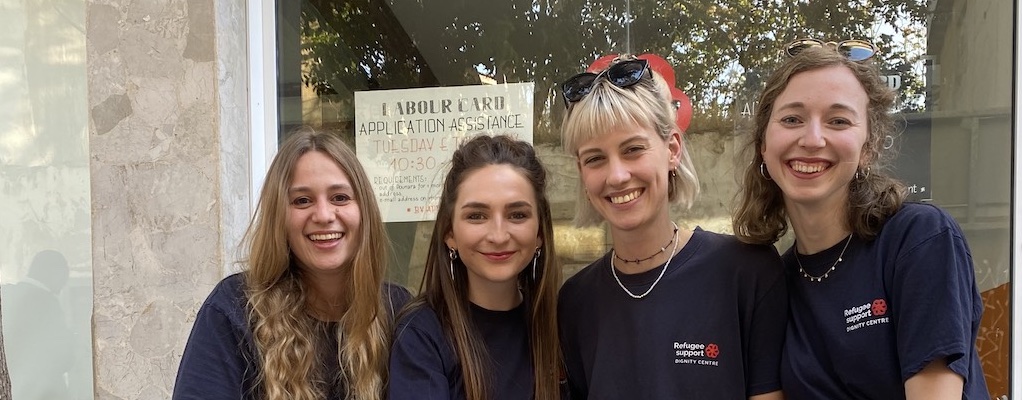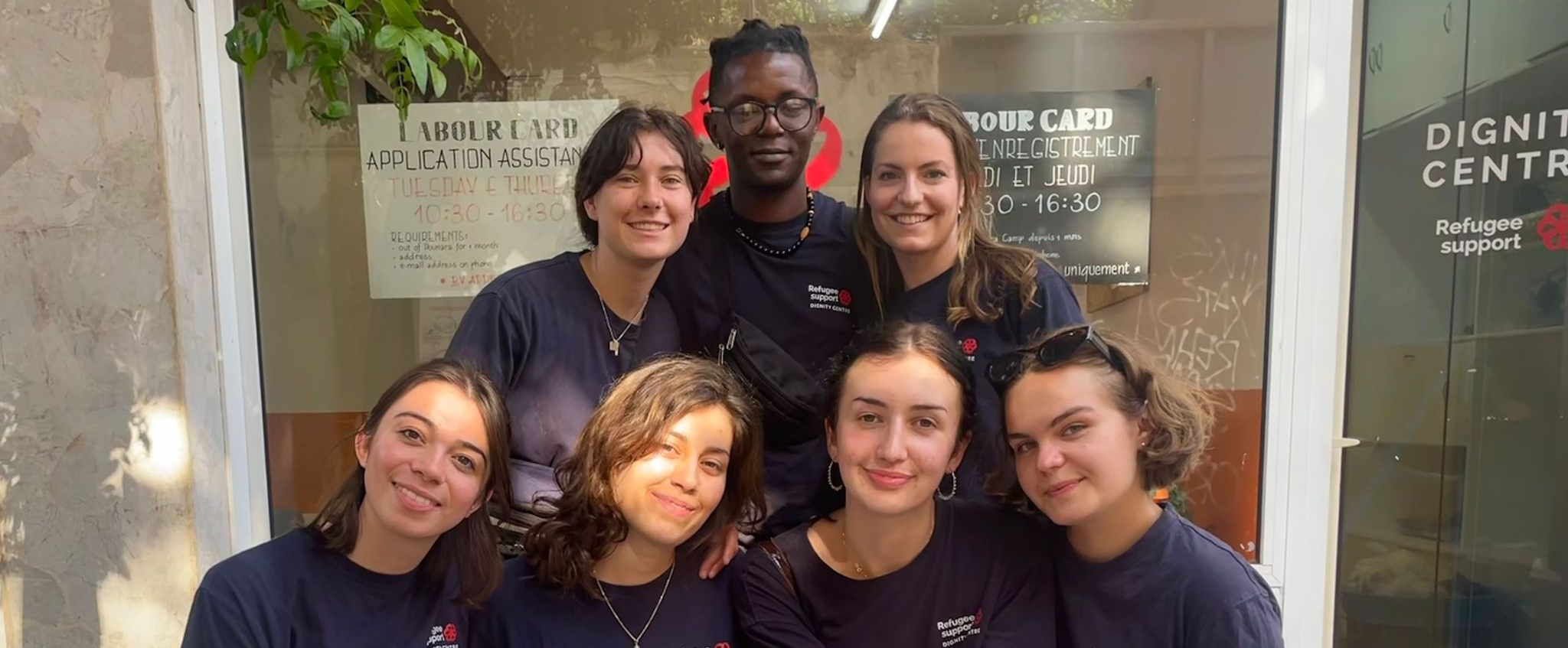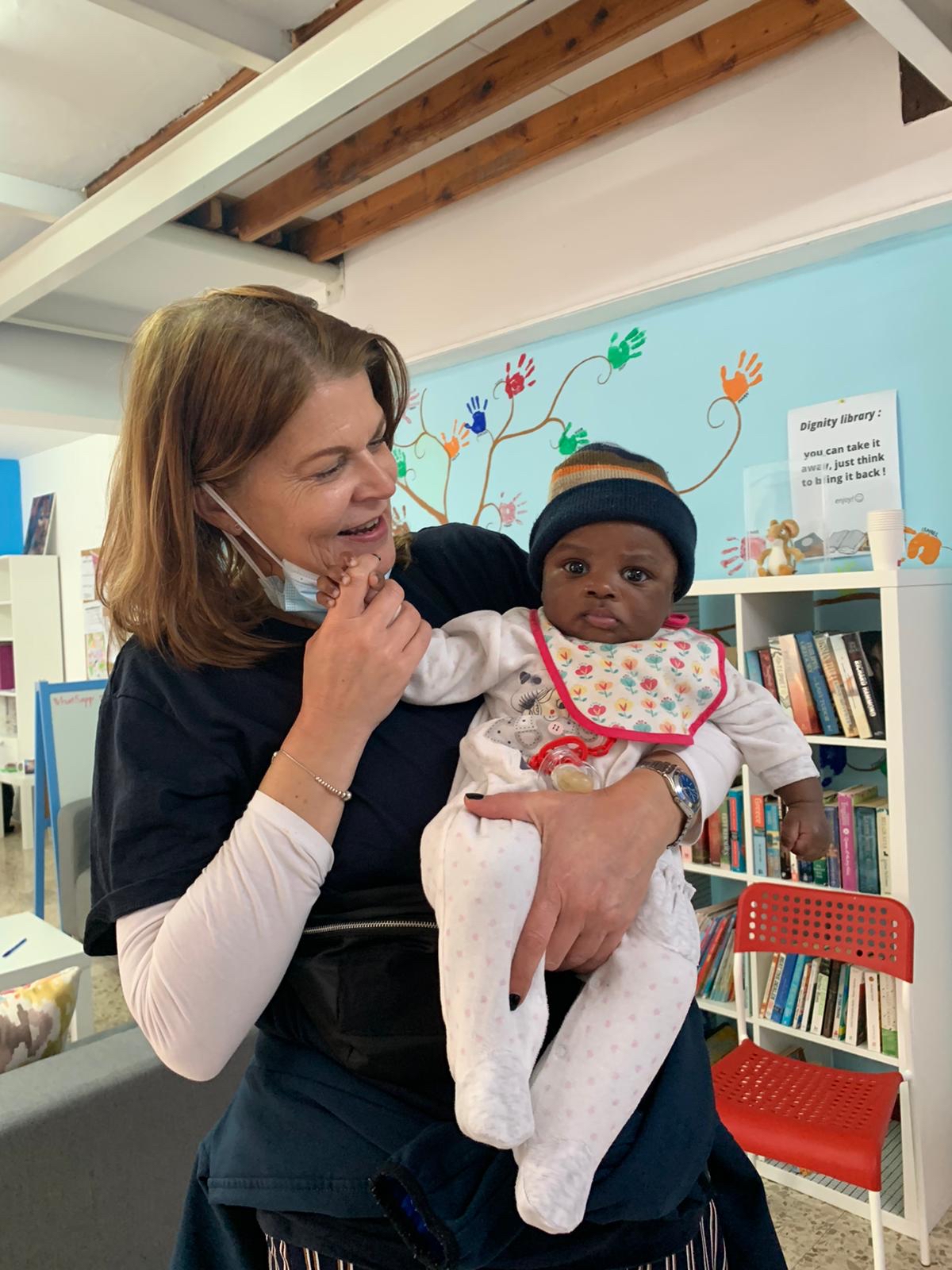Going out to volunteer in Greece, back in January 2017, I didn’t hold any fixed expectations as I had no idea what to expect. I had assumed it would be quite a tough experience, a challenging experience and also quite an upsetting one. Whilst elements of it held true to those expectations, I was also amazed at the laughter and joy that came out of it too. It was an honour to work alongside the refugees that I met and I was humbled by their spirit and their grace. I was also so lucky to work with such incredible volunteers who inspired me with their commitment and kindness.

You may have noticed that it was nearly two years ago that I volunteered for Refugee Support, and perhaps you are wondering why I am only writing about it now. It’s not because I haven’t had the time or haven’t wanted to, rather I think I’ve been putting it off, as I don’t know if what I can write will fully express the impact that the experience had on me.
I went out to Greece in the January of 2017, having finished school the June before. I had given up my place at university (much to the horror of my parents!) and was feeling very unsure about what I wanted to do with my life. I had worked with the local refugee charity for a few years and I knew that I was passionate about what was happening just a few hours away from me. At the time, no other refugee charity would take me – all saying that I was too young or that I didn’t have the relevant experience to be able to work in a camp. Then I stumbled across Refugee Support, which was a relatively new charity at the time. Paul interviewed me and told me the only criteria was that I needed to be able to smile. And so, a few months later, I set off for my first solo travel experience, on a flight to Greece.
When I returned from the camp two weeks later I decided that I would go on to study Arabic and the Middle East in the hope that I may one day return and be of more use. My time in the camp has completely transformed what I am doing and motivates me every day. I am now studying Arabic and Middle Eastern studies at the University of Cambridge with the hope of specialising in refugee studies. The people I met changed my entire world view and I am eternally grateful.

I met with Paul in 2018 when he came to Cambridge to give a talk about the refugee crisis. I reminisced and we discussed the current situation in Greece and I expressed to him that I feel I got far more from my experience working in the camps than any of the refugees did. This was never my intention, and it’s not to take away from the help that was provided, rather just something that I am very aware of. I am so grateful for my time in Greece and it remains the absolute best thing I have ever done in my life.

When I was in the camp, I wrote about my experience and how I felt at the time. That is what follows.
I met some very special children whilst I was in Greece and one young boy made a particular impression on me. He always touched my face and asked, “Why Cream?” referring to my foundation. He always teased me about it. He was only fourteen years old and in some ways he was so much older and in others so much younger. I noticed that with a lot of the children, especially when they were offered a toy in the children’s boutique. I thought the early teenage boys would be embarrassed to pick from a selection of soft toys but without exception they were all thrilled. It’s like they don’t have the pretence that British kids have, and everything is stripped back and so everything is real. Seeing them kicking balls outside and climbing trees reinforced this. Obviously, lots of them did have smart phones and were playing games but always outside together as a group. The sense of community amongst the children was inspiring, more so than the adults. Because kids are kids no matter what has happened to them and where they are from and kids ground adults and remind them that life has to go on. There was a scenario of hide and seek where some Afghan children weren’t allowed to play by the Syrian children and that was a cold reminder that these are the tensions these kids are growing up with, but overall, the child presence on the camp acted as an anchor of normality for both the residents and for the volunteers alike.
One older man that I spoke with told me that Syria is dead. Initially I thought he was referring to the country itself and the politics but he was in fact talking about the next generation. These kids are going to eventually be distributed around Europe. Best case scenario, they all remerge into the education system and finish school. They will learn maths and English and geography but this man was saying they will know nothing of their heritage. They won’t know the history of their country or the culture and many of the younger ones may even lose their language. How can a country repair itself with a lost generation? And how can that generation then pass on traditions to the next if they aren’t accustomed to them? I can’t predict what is going to happen in the future, but I just pray for a better life for these children because they deserve it just as much as anyone else. Their unbroken spirit after everything they have been through, and the mundane day to day of being stuck in a camp for months, is the hope amongst the uncertainty. Children of up to 13 years old were requesting nappies for the night because of their nightmares. One young boy told me he had an interview in Athens the day after I left. I’m praying he got closer to the life he deserves.
Many of the women I met weren’t really women at all. I had one conversation with a girl who was getting clothes in preparation for registering in Thessaloniki. Her English was perfect and as she stood looking through jeans I couldn’t help thinking that she was exactly the same as me. I could so easily be her yet when you are at home it’s so hard to identify with these people. I think that’s where a huge part of the problem lies. Words such as refugee and migrant are so broad that they are dehumanising. But standing in the room with this girl it’s like I finally understood it. It’s like helping your friends. These people had normal lives with money and jobs and a future and it’s just been ripped out from under them and now they have to rely on hand outs and a container to live in. How anyone could come to the camp and meet and talk to these people and be scared of them is beyond me.
One lady in the woman’s boutique had me crying with laughter as she joked and pranced around in the clothes she was trying on. She made a joke of how small these second-hand clothes were for her. Her attitude was inspirational. She took off her headscarf to try on the clothes and I felt honoured. It was like she felt totally comfortable and was herself, and her making me laugh in turn made her laugh and we both were just stood in this boutique in a warehouse in Greece both just laughing together. We come from such different worlds but when it comes down to it we actually are exactly the same.
We are exactly the same and in the same way all the refugees are completely different. The term refugees suggests everyone is going to be the same and they just aren’t. Some people are friendly, some are upset, some try and steal and some leave clothes for others. One boy in the kid’s boutique refused to take a coat because he said someone else might need it more. I tried to convince him we have lots and he should take one and I was actually getting quite upset. He touched my arm and said, ‘no problem’ to comfort me and that kind of humanity in this situation is like experiencing a miracle. Especially at such a young age. These boys have been forced to grow up far too fast and yet despite all they have seen they can act with such grace.
Most of these people carry around these faded ID cards. I don’t know what Syrian passports look like or whether these have been disrupted to them on the islands but they are so dirty and faded and many look like they have got very wet. They wear the scars of stories I could never ask to hear.
There are the older ladies who I didn’t expect. Quite a few of the Syrian old ladies came from a tribe and had a tattoo on their chins. These women you can tell hold influence and are no nonsense types. I looked at them and saw the definition of a strong woman and wondered what they had seen. At the age of 70 you don’t want to have to pick up your life knowing you may never return. I can’t begin to imagine that feeling.
When I was working in the Toy shop I met a family of one mother and seven children, all who have fled by boat from Aleppo. They are now living in a container in Greece. Seeing these children laughing and excited to go to the toy shop breaks my heart when I realise they hold the memories of that traumatic boat trip. I just feel so grateful that they made it over the water alive and find it hard to comprehend the thousands that didn’t. It could very easily be a different child stood in front of me. Living in these conditions with this uncertainty makes you realise that actually these are the lucky ones. Then you have to ask yourself, so what does that make me?
I was told on my penultimate night that a group of single men, around 60 of them, had arrived in Alexandria camp last night. The current residents had tried to block them from coming in and had complained that it ruined the dynamic of a family friendly camp. One volunteer Maria said she later saw one of the men who was stopped. He said that he is a married man with a wife and children in Germany and he is trying to get to them. He said feeling so unwelcome was the worst feeling, especially from people he thought would understand his situation. There were also tensions between the Syrians and the Afghans in Filippiada. The Syrians have a better chance of gaining asylum and this leads to the Afghans feeling that they are receiving better treatment. I also heard that some of the Syrians blame some Afghans for getting involved in the war back home. There is also the language barrier of Farsi and Arabic. Seeing and hearing this you realise how complicated this crisis is. These people are united by being refugees or needing asylum but that in no way makes them all the same or guarantees that they will live together in harmony.
The refugees I met collectively taught me that life goes on and is always a blessing. One day when I was in the woman’s boutique we had some new arrivals, two women and two children. I will never forget the sight of one of those children. She was wearing boy’s clothes and she was so thin she looked ill. Her black hair was so short with bold patches on her head, her eyes were sunken and she was actually hard to look at. She also looked filthy. I helped her pick clothes and within a few days I saw her around camp looking a lot better and wearing the red coat we picked out together in the boutique. We squeezed each other’s hands in the market as she said ‘hello my friend’ and another evening I saw her in town and again we squeezed hands and smiled. She couldn’t have been older than 13 and I will never forget the feeling I had when I first saw her. I felt like I shouldn’t look at her out of respect because of the state she was in and I wanted to give her some dignity. But I also just wanted to take her away and rescue her. I will never forget that little girl.
I often couldn’t communicate with the women and young girls who appeared to be the least educated in English. Their children or brothers would say something like ‘my mother is ill she has tooth ache’ or ‘a head ache’. And there was nothing I could do. So, I would reach out and hold their hand. And they would smile at me and squeeze my hand and that was a kind of magic. Maybe that’s what the world needs to fix everything. Because I know I personally can’t offer anything, but I can always offer my hand.






